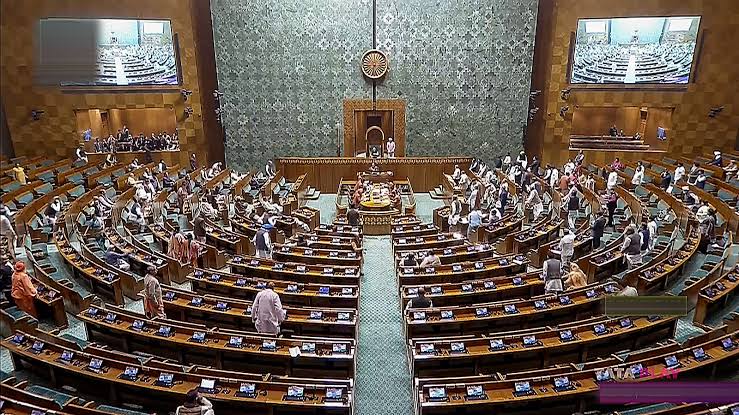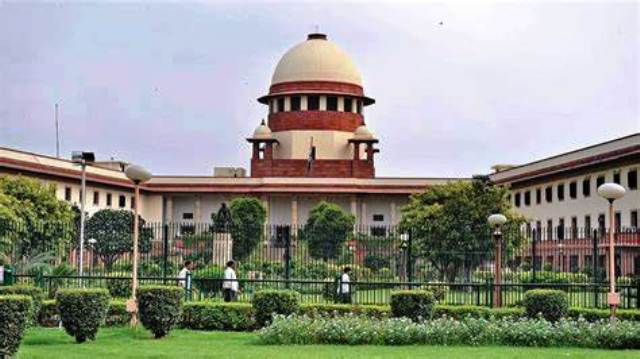New Delhi: Finance Minister Nirmala Sitharaman is presenting the Modi 3.0 government’s first Union Budget and her seventh in a row during the Monsoon Session of Parliament.
The Interim Budget on February 1 did not introduce significant policy changes or new advantages for the middle class. In the full Budget, Sitharaman is tasked with promoting economic growth while managing inflation and maintaining fiscal discipline.
The Budget aims to bolster the productive sectors of the economy by striking a balance between investment and consumption support.
Additionally, the Finance Minister must consider the demands of key allies such as N Chandrababu Naidu’s Telugu Desam Party (TDP) and Nitish Kumar’s Janata Dal (United), whose support was vital for the BJP’s third consecutive term, despite not achieving a majority in the recent Lok Sabha elections.
Economically, Sitharaman is expected to present strategies to realize India’s ambition to become a $5 trillion economy and the world’s third-largest, fulfilling a promise made by Prime Minister Narendra Modi before the elections. The Budget is also anticipated to cater to the agriculture sector’s needs, boost employment, sustain public expenditure, and increase tax revenues.
Meanwhile, the salaried class is looking forward to possible tax relief, potentially through lower personal tax rates or raised tax exemption thresholds, especially under the new tax regime established in 2020. The government is also poised to benefit from a robust economic base and a significant Rs 2.11 lakh crore dividend from the Reserve Bank of India (RBI) for FY24.
This substantial dividend is expected to expedite fiscal consolidation, diminish the debt-to-GDP ratio, and curtail market borrowing, thereby paving the way for enduring economic stability and growth. Keep up with Moneycontrol for live updates on Finance Minister Nirmala Sitharaman’s Budget speech and any imminent changes to income tax regulations.
















